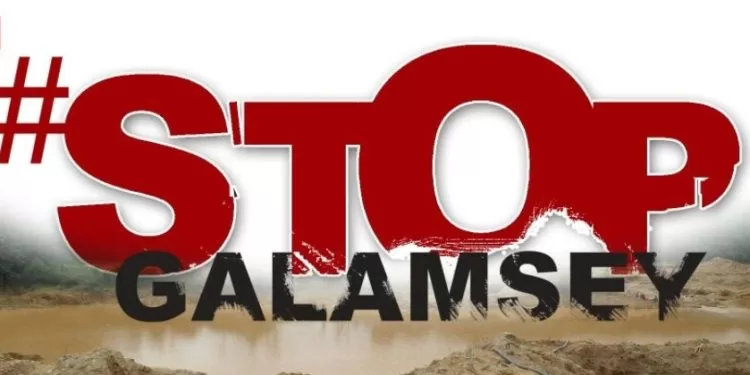The Ghana Ports and Harbours Authority (GPHA) has said that in order to be sure that packages received from the vessels are not illegal substances, they will have to be declared to the port security.
This is the standard procedure, Abena Serwaa Opoku, Marketing, Public Affairs Manager, Tema Port said on the Ghana Tonight show on TV3 on Wednesday, May 16.
Speaking in relation to the altercation between its security officers and personnel of the Ghana Immigration Service (GIS), she said “we do not know yet what was in that package, it could be refreshments, it could be anything, these are usually miscellaneous items that are given by protocol from the vessel to some of the agents for their various inspections. But the standard procedure is that you declare, you let the port security know exactly what it is because we know that if care is not taken these gestures could be used as a conduit to do something … let’s see what you got, if is not anything illegal then you can defer with it.”
An earlier statement she issued said that the issues that resulted in the altercation between the security officers and personnel of the Ghana Immigration Service (GIS) had been resolved amicably.
On Monday May 13, 2024, at approximately 1830HRS, an altercation occurred on board MV MSC DYMPHNA between GPHA security personnel and immigration officers which escalated to the immigration office at the Authority Building at Terminal 3.
The incident stemmed from the immigration officers’ failure to declare a package received from the vessel which contravenes Standard Operating Procedures established by the International Ships and Port Facility Security (ISPS) code and protocols.
The insistence of GPHA security officials on adherence to security procedures led to the altercation.
“While some media reports have sensationalised the incident, we recognize that it could have been handled more effectively to prevent escalation,” a statement said.
It added “The management of GPHA met with representatives from Ghana Immigration Service and Ghana Maritime Authority to discuss the issue and have come to an amicable solution which includes, but not limited to periodic education and reorientation of all State Agencies in tandem with the evolving maritime security procedures and protocols.”



















